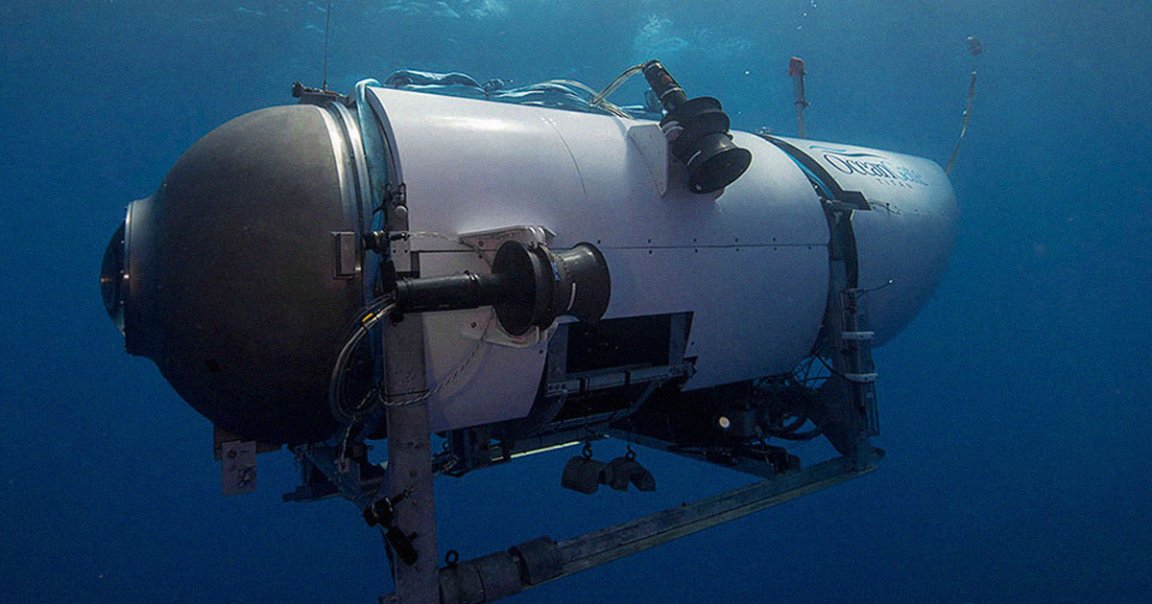
Marco Polo
In the wake of the tragic OceanGate submersible disaster — which has officially claimed the lives of all five passengers onboard — the OceanGate CEO’s lack of commitment to basic safety measures only continues to get clearer.
In addition to several eyebrow-raising revelations, an expert told Inverse that the submersible lacked basic location technology that would have made recovering it “routine” — that is if it hadn’t catastrophically imploded on its way to the wreck of the Titanic.
“Recovery of deep-sea instruments on the sea bed equivalent to that of the Titanic site is routine when the precise position is known,” William Ryan, an oceanographer at Columbia University, told Inverse. “I have recovered instruments from the deep seabed as small as a living room chair and as large as a living room couch.”
These standard technologies, the expert says, would have included an acoustic pinger — a device that transmits a repetitive pulse of sound back to the submersible’s controlling ship — and location-pinpointing radio beacon that both don’t rely on the submersible’s main power source.
“The fact that this submersible did not have an independently powered acoustic pinger and radio beacon for geolocation,” Ryan told Inverse, “is a fault of the operators.”
Save Our Souls
Of course, considering that experts have determined that the deep sea tourism sub was most likely destroyed during its descent as the result of a “catastrophic implosion,” these specific tools wouldn’t have been of much use to those looking to save lives.
Even so, in the case that the Titan had suffered some other kind of malfunction or interruption such as a power failure or getting trapped in a loose fishing net, these standardized tools would likely have made it possible for rescue teams to locate the missing submersible in time — as opposed to forcing rescuers to race against the clock as the submersible ran out of air.
And there’s a precedent. In 2021, a remotely operated vehicle called Hercules got lost but was recovered within a day thanks to layered location technology, as Inverse reports.
Extreme Danger
This revelation also comes amid a slew of reports regarding OceanGate’s dismissal of a former employee, who was fired in 2018 after lodging a complaint that the company could “subject passengers to potential extreme danger in an experimental submersible.”
OceanGate CEO Stockton Rush, who fashioned himself as a rule-breaking innovator, is also on record saying that focusing too much on safety was a “waste.” Tragically, Rush was one of the five passengers on board the Titan.
It’s a grim reminder that some rules aren’t made to be broken — especially when it comes to equipping yourself and your crew with some basic life-saving redundancies.
More on the Titan: A Visibly Upset James Cameron Compares Submarine Implosion to Sinking of the Titanic